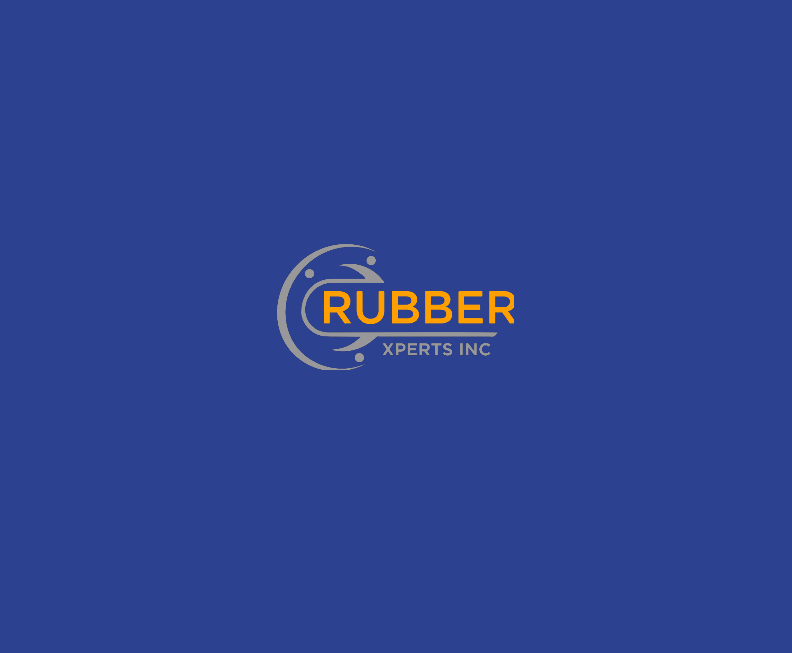Are you trying to decide if a water hose is a worthwhile investment for your home or workplace?
Whether you’re a gardener needing to keep your plants healthy or a homeowner wanting to maintain a clean exterior, a water hose can be incredibly versatile.
Farmers can also use water hoses to irrigate crops.
This article will explore the uses of water hoses based on various purposes and how they can fit into your daily tasks.
What are the uses of water hoses in daily life?
Before purchasing a water hose, you must decide for what purpose that water hose will be used.
Understanding various water hose uses can help you make an informed decision.
These are 7 common settings that use water hose:
Gardening and Landscaping
In gardening and landscaping, water hoses are mainly used for watering down the soil.
However, they are not used only for transporting water.
Watering Plants
Water hoses are crucial for keeping gardens, lawns, and flower beds healthy.
They help deliver water directly to the roots of plants so they get enough moisture to grow.
Different nozzles can be attached to hoses to control the water flow, making it easier to water delicate plants without damaging them.
This showcases the versatility of water hose uses.
Nozzles with adjustable settings allow you to switch between a gentle spray for young plants and a more powerful stream for larger areas.
Irrigation Systems
In larger gardens or farms, water hoses are often part of irrigation systems, demonstrating the uses of water hoses in efficient watering.
These systems distribute water evenly over a large area so all plants receive enough water.
This is especially useful in dry regions where plants need regular watering.
Drip irrigation systems use hoses with tiny holes to slowly release water at the base of plants, reducing water waste and ensuring that the soil stays moist.
Fertilizer Application
Some water hoses with special attachments can distribute liquid fertilizers.
This method ensures nutrients reach the plants quickly and efficiently, promoting healthy growth.
The fertilizer mixes with the water and is delivered directly to the soil, where it can be absorbed by the plant roots.
This method can save time and effort compared to spreading dry fertilizer by hand.
Cleaning and Maintenance
You can also use a water hose for transporting water for cleaning and maintenance purposes.
For example:
Car Washing
Using a water hose to wash your car is convenient and effective, one of the many uses of water hoses in daily chores.
The steady stream of water helps remove dirt and grime from the car’s surface.
Special nozzles can create a powerful spray to clean hard-to-reach areas, such as wheel wells and undercarriages, highlighting practical water hose uses in car maintenance.
Foam cannons can be attached to hoses so you can mix soap with water to cover the car in suds for a thorough clean.
Outdoor Cleaning
Water hoses are great for cleaning patios, driveways, sidewalks, and outdoor furniture.
The water pressure helps remove dirt, leaves, and other debris, keeping outdoor spaces clean and tidy.
Pressure washers, which connect to water hoses, can be used for tougher cleaning jobs, such as removing stains from concrete or stripping paint from surfaces.
House Washing
Water hoses can also be used to clean the exterior of houses.
They are useful for washing windows, siding, and gutters.
Regular cleaning with a water hose can prevent the buildup of dirt and mold, maintaining the appearance and condition of your home.
Soft brush attachments can help scrub away stubborn dirt without damaging surfaces.
Construction and Industrial Uses
Water hose is known for its durability, making it useful for construction and industrial equipments.
Dust Suppression
On construction sites, water hoses are used to reduce dust.
Spraying water on dusty areas helps keep the air clean and safe for workers.
This is important for maintaining a healthy work environment.
Water hoses can be connected to misting systems that release a fine spray, effectively trapping dust particles and preventing them from becoming airborne.
Concrete Mixing
Water hoses provide the necessary water for mixing concrete.
Accurate water measurement is crucial for the proper consistency and strength of the concrete mix.
Moreover, water hoses make it easy to add the right amount of water to the mix.
Measuring tools, such as flow meters, can be attached to hoses to ensure precise water measurement.
Equipment Cleaning
Keeping machinery and tools clean is essential for their proper functioning.
Water hoses help remove dirt, grease, and other contaminants from equipment.
This prolongs their lifespan and ensuring they operate efficiently, which are essential uses of water hoses in maintenance.
High-pressure nozzles can blast away tough grime, while softer sprays can be used for more delicate parts.
Emergency Uses
In many cases, you can also use water hoses for a substitute for other utilities.
Firefighting
While not as powerful as professional firefighting equipment, water hoses can be used to put out small fires or control them until help arrives.
They can also be a backup to fire extinguishers in homes or workplaces.
Always ensure the water hose is long enough to reach all areas where a fire might occur and is stored in an easily accessible location.
Cooling
Water hoses can be used to cool down overheated equipment or areas.
This is especially useful in industrial settings where machinery may overheat during use.
By directing a steady stream of water onto the hot surfaces, the temperature can be reduced, preventing damage and allowing safe operation.
Recreational Uses
Not only that water hoses are useful as a substitute, they can also be used for other trivia matters.
This is because they don’t contain harmful material nor dangerous to use.
Filling Pools
Water hoses are used to fill swimming pools, kiddie pools, and hot tubs.
This is a straightforward way to get large amounts of water into these areas.
Make sure the hose is clean to avoid contaminating the water.
It may take several hours to fill a large pool, so ensure the hose is securely placed to prevent it from moving and spilling water.
Water Play
For children, water hoses provide endless fun.
They can be used to create water slides, fill water balloons, or simply spray each other on a hot day.
Always supervise children to ensure they play safely.
Sprinklers attached to hoses can create a fun and safe play environment, providing a way for kids to cool off while enjoying the outdoors.
Camping
When camping, water hoses are useful for cleaning gear, washing hands, and other water needs.
Portable water hoses are lightweight and easy to carry, making them ideal for outdoor adventures.
Some hoses are designed to connect to water sources found at campsites, such as spigots, making it easy to access clean water.
Agriculture
Water hoses are also widely used in many agricultural areas.
One of the uses of water hose is to transport water to the designated areas of where it’s needed, such as crop irrigation and livestock.
Livestock Watering
Farmers use water hoses to provide water for livestock such as cows, horses, sheep, and goats.
A clean and reliable water source is essential for the health and well-being of animals.
Hoses can be connected to water troughs or automatic watering systems to ensure animals always have access to fresh water.
Regular cleaning and inspection of hoses and water systems are necessary to prevent the growth of algae and bacteria, which can be harmful to animals.
Crop Irrigation
Water hoses play a key role in irrigation systems for water crops.
Proper irrigation is crucial for plants to receive enough water to grow and produce food.
Regular maintenance of irrigation hoses is important to prevent clogs and ensure efficient water delivery, demonstrating the necessity of knowing different water hoses uses.
Different irrigation methods use hoses, including:
- Drip Irrigation: Hoses with small holes slowly release water directly at the plant roots, reducing water waste and evaporation.
- Sprinkler Systems: Hoses connect to sprinklers that spray water over a large area, simulating rainfall and covering many plants at once.
- Soaker Hoses: These hoses have tiny pores along their length that allow water to seep out slowly, providing a steady water supply to the soil.
Other Household Uses
You might notice this that many household activities also leverage the uses of water hose.
Emergency Water Supply
In emergencies, water hoses can be used to transport water from one place to another.
This is helpful during power outages or when the regular water supply is unavailable.
For example, you can use a water hose to move water from a storage tank to your home or to fill buckets and containers.
Make sure the hose is clean and free of contaminants to keep the water safe for drinking and other uses.
Deicing
In winter, water hoses can help melt ice on driveways and walkways.
Using warm water can make it easier to remove ice and make paths safer to walk on.
To do this effectively, you need a hose that can handle hot water and a good nozzle to control the water flow.
After melting the ice, removing any remaining water is important to prevent it from freezing again.
Conclusion
Water hoses are versatile tools with many applications, including gardening, cleaning, irrigation, and emergency uses.
They can help in maintaining plant health, keeping outdoor spaces clean, and even providing a temporary water supply in emergencies.
Understanding the diverse uses of water hoses can help you maximize their potential in various settings.
If you’re looking for the perfect options for water hoses, Rubber Xperts has all the types you need.
Check out our selection of hoses to find the ideal water hose for your needs and discover innovative solutions to enhance your daily tasks.
Want to know more about our rubber hose products? Contact us today!

